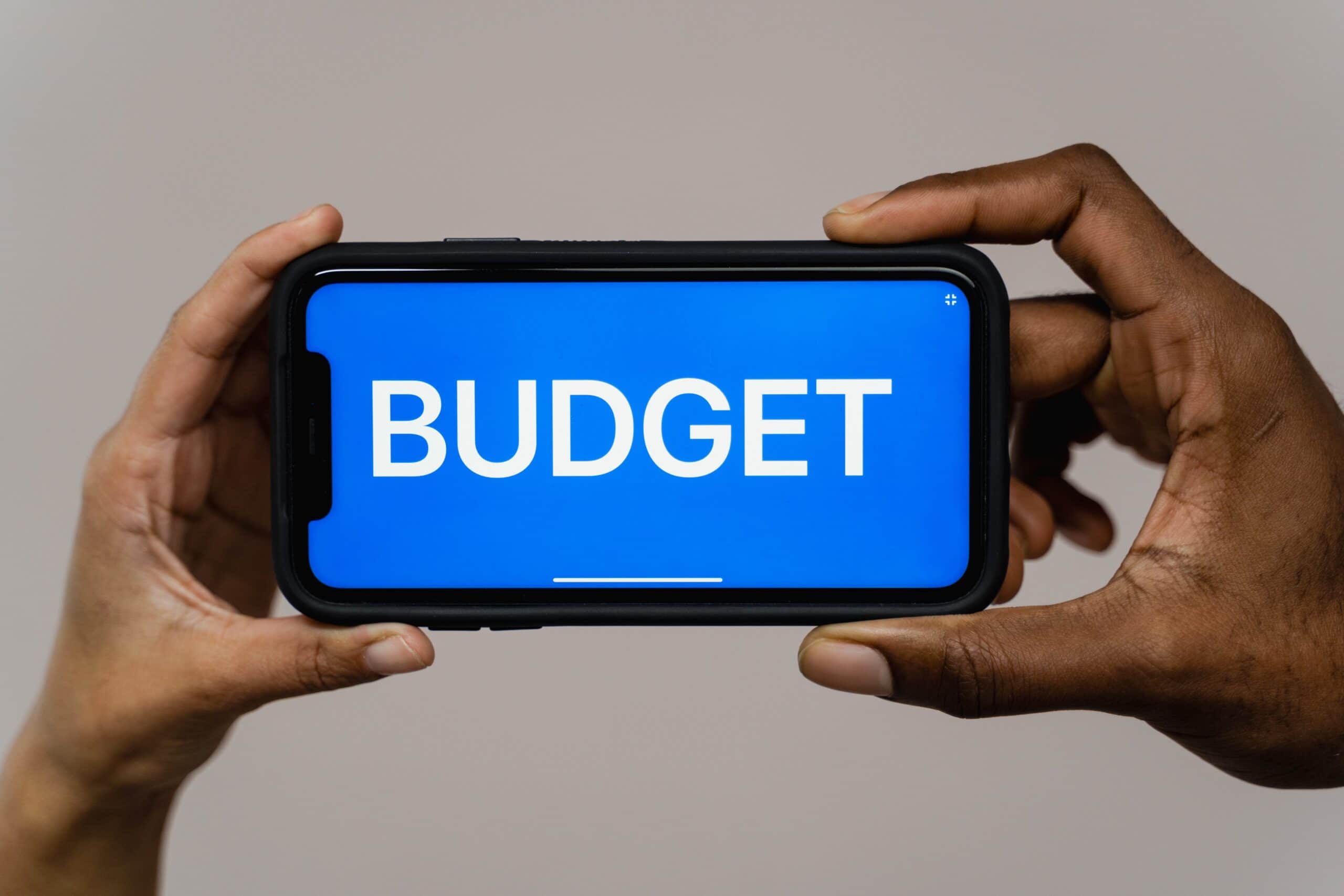Most people in the United States think that it’s the job of parents to teach kids about money. That’s completely fine, and we agree as well. But the problem is, many people actively avoid talking with their children about touchy subjects, one of these subjects is money. According to a recent survey published by CNBC in association with Acorns Invest in You, only 15% of parents say they speak with their children about household finances. Some 55% say they discuss money with kids “less than often” and “never at all.”
That is a significant issue.
A child’s education should not stop at academics, and they should also be taught about the basics of money and finances. Unfortunately, with the lack of financial literacy in the United States, it’s no surprise that parents are avoiding the topic.
Related Articles in this blog:
- 10 Tips for Household Money Management
- Explain Money to Children, 11 Reasons Why it is Useful
- How Young is Too Young to Understand Money?
- Money Lessons for Kids? Values, Saving, Spending and Giving
- 10 Mistakes Parents Make in Teaching Kids about Money
- How Much Should Be a Kids Pocket Money per Week
- How to Teach Kids About Money at Every Age?
- 7 Ways of Teaching Money Concept to Children
Today, we will teach why the issue is critical and give you 10 best ways to teach kids about money.
Table of Contents
Every Childs’ First Teacher is Their Parent
One of the most important lessons parents can teach their children about money is starting early. Studies have shown that kids begin learning about money as young as 3 years old, and it’s a lesson best learned from someone they trust and look up to – their parents.
So how exactly can you teach your child about money?
The first thing you can do is introduce them to the different types of money. Explain the difference between coins and bills, how each is used for buying things, and what value each has.
You can also start by explaining the concept of spending less than you earn and saving some – something that most adults in the U.S. still struggle with, sadly.
Furthermore, let your child work on a small budget for themselves and give them a weekly allowance to help them learn about saving and spending money wisely.
You can teach your child about money by talking to them about the value of working hard, how compound interest works, why it’s essential to save, and the dangers of borrowing money and going into debt.
Why Early Money Lessons at Home are Crucial
Recent studies have found that children who received pocket money at age 7 were more likely to have savings accounts and credit cards in adulthood than those who didn’t get an allowance.
Furthermore, those given an allowance and taught about money management at a young age were more likely to make sound financial decisions in adulthood, such as investing in stocks and saving for retirement.
So if you want your children to be financially successful in life, you must start teaching them early about money management and the importance of saving.
10 Best Ways to Teach Kids About Money
We’ve established that instilling good financial habits in children is essential, but how exactly can you do that? To help you out, we’ve put together a list of 10 ways to teach kids about money.


1. Start Early
As we’ve mentioned before, it’s never too early to start teaching your kids about money. Introduce them to the different types of money and explain how each is used. When is the perfect time to start, and what should you teach them at each age?
As we mentioned before, children can first grasp the concept of money around age 3, and parents can begin at that age by showing them how different coins and bills are used to buy things.
Of course, you can always wait until they’re a bit older and then start teaching them the basics of saving and spending. But starting early will give them a better foundation for building their financial knowledge.
2. Explain How Money Works
Money? What’s money, anyway? You can expect to hear that from a child.
One of the most important things you can do is explain to your child how money works. This includes everything from earning, saving, spending, and investing.
You should also talk to them about the importance of working hard, the value of compound interest, and how debt can lead to serious problems if not appropriately managed.
3. Get Them Involved in Charitable Giving
One of the best ways to teach kids about money is to get them involved in charitable giving. This will instill a sense of empathy and compassion in them, but it will also show them the importance of helping others.
There are many ways to do this, such as volunteering at a local soup kitchen or animal shelter, donating clothes or toys to a children’s hospital, or giving a spare change to a homeless person.
If you’re a part of a religious family, you can talk to your church members and see if they have any programs or initiatives that your children can be involved in.


4. Make Earning Money a Competition
One fun way to teach kids about money is to make earning money a competition. You can do this by giving them a set amount of time to earn as much money as possible.
There are many ways they can do this, such as mowing lawns, babysitting, or even doing chores around the house. The child who earns the most money in the allotted time wins the competition.
This will teach them about the value of hard work, but it will also show them how satisfying it can be to earn their own money.
5. Play Games
There are many different games that you can play with your children to teach them about money.
For example, you can use a game of Monopoly to show them how compound interest works. You could also play the stock market game, allowing children to invest fictional money in stocks and learn about investing and risk management.
Many online games and apps are available that are specifically designed to teach children about money.

6. Show Them Money Management Apps
Speaking of apps, another great way to teach kids about money is to show them how you manage yours.
Many different money management apps are available that help people keep a close eye on their finances and can even send alerts when bills are due or when the bank balance is too low.
You can use one of these apps with your kids to show them how you balance your budget and stay on top of your bills.
7. Teach Them About Credit Cards
Credit cards can be a handy tool when used responsibly, but they can also lead to big problems if not appropriately managed. You should explain this to your child, so they understand the potential consequences of using a credit card.
If they’re old enough to have one, you can also show them how different bills or expenses are paid with their credit card.
That will help them understand the importance of paying their balance off on time every month to avoid interest charges and maintain a good credit score.



8. Get Them to Help With Budgeting
If your child is old enough to have a part-time job, you should get them involved in the family budget. This can help them understand things like the cost of living and the value of hard work.
It will also show them how much money they’re bringing into the household and give them an idea of where their paycheck is going.
9. Have Them Invest in a Savings Plan
One of the best ways to teach kids about money is to have them invest in a savings plan. This could be a 529 college savings plan, a Roth IRA, or even a simple savings account.
The earlier they start saving, the more time their money has to grow.
It would help if you showed them how much interest they’re earning to help them understand the value of saving.
10. Teach Them About Taxes
Learning about taxes is one of the most important financial lessons a child can learn, as it will impact almost every financial decision they make throughout their life.
There are many different resources available to help children understand how taxes work, so make sure to do some research and find one appropriate for their age and level of understanding.
In Conclusion
Teaching your kids about money is an important responsibility. By starting early and using various methods, you can help them understand the value of hard work and sound financial decisions.
Doing so will set them up for success as adults and help them avoid some common pitfalls that many people encounter when dealing with finances later in life.
About Me
Hi, there. I am Lin. Together with my husband and two kids, we live in the beautiful Netherlands in Europe. I am dedicated to self-development, creating quality time for the whole family, and fully supporting kids with their potentials with all I have learned from engineering, MBA, and 10+ years of working experience in the energy sector.



6 Comments
Comments are closed.